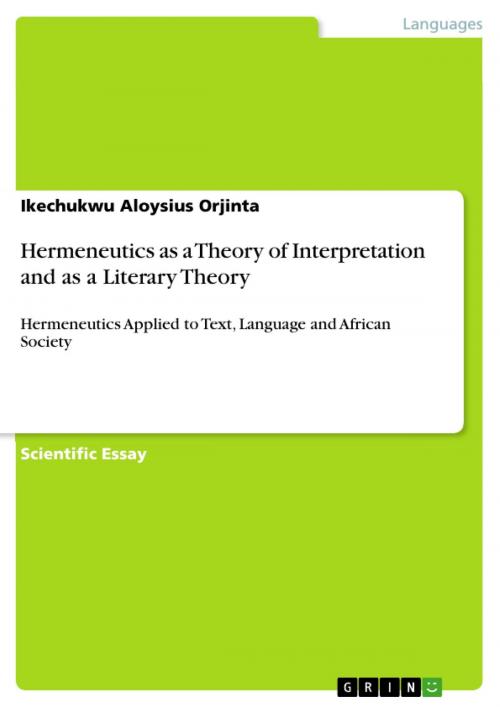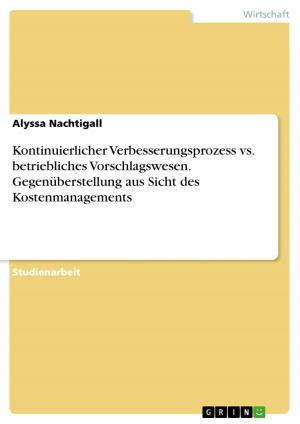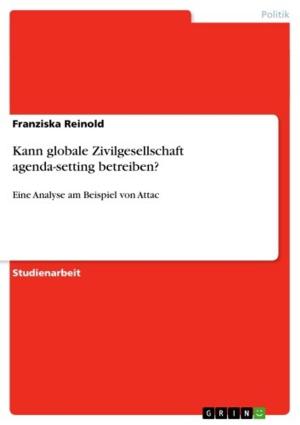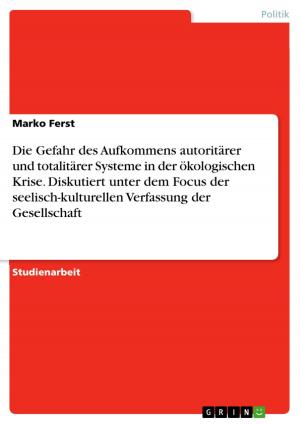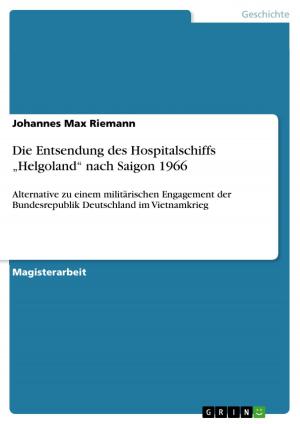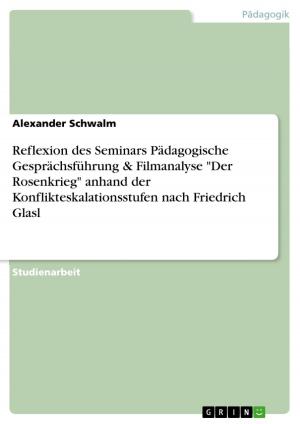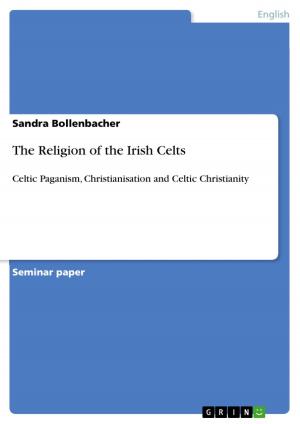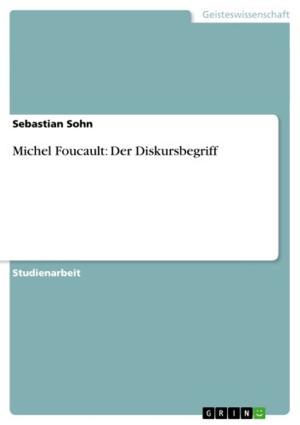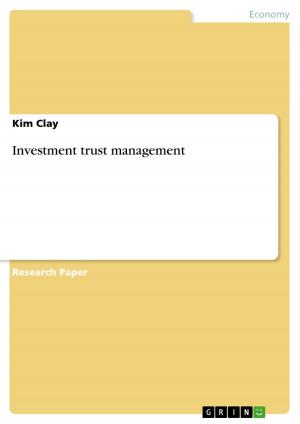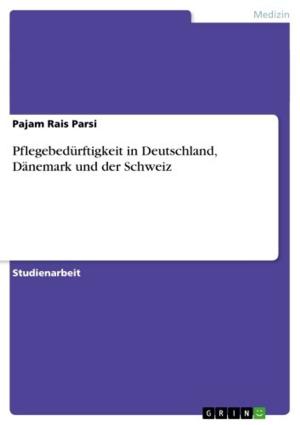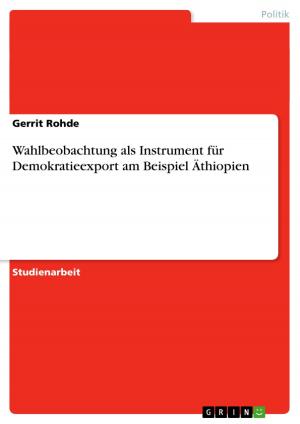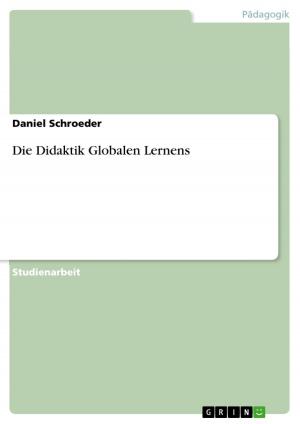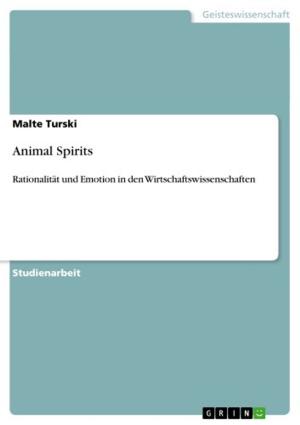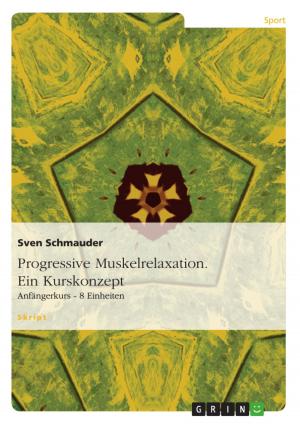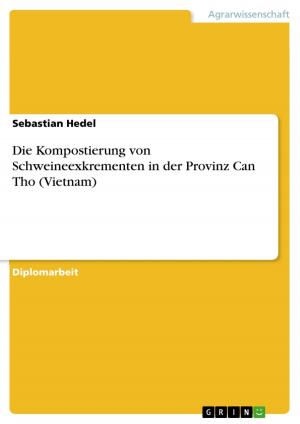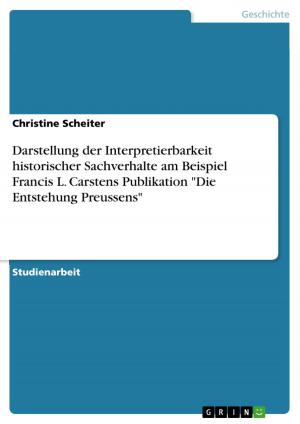Hermeneutics as a Theory of Interpretation and as a Literary Theory
Hermeneutics Applied to Text, Language and African Society
Fiction & Literature, Literary Theory & Criticism| Author: | Ikechukwu Aloysius Orjinta | ISBN: | 9783656160090 |
| Publisher: | GRIN Verlag | Publication: | March 27, 2012 |
| Imprint: | GRIN Verlag | Language: | English |
| Author: | Ikechukwu Aloysius Orjinta |
| ISBN: | 9783656160090 |
| Publisher: | GRIN Verlag |
| Publication: | March 27, 2012 |
| Imprint: | GRIN Verlag |
| Language: | English |
Scientific Essay from the year 2012 in the subject Literature - Africa, University of Nigeria, language: English, abstract: Theories of language, linguistic and non linguistic communication are diverse. In the Humanities there are so many interpretative tools. These tools are means to an end and not the end in themselves. Just as we have equations in the natural sciences so do we have theoretical frameworks, literary criticisms and approaches to literature and the communication arts in the Humanities. These interpretative tools are keys to opening and analyzing works in the Humanities and other disciplines. Most of these theories are borrowed from other disciplines other than the ones exploiting them. In the literary sciences, rooms are given for inter-textual interpretations as well as for interdisciplinary and multidisciplinary approaches. Hence one could analyze a given fiction, drama or poem using one or more approaches as the case may be. At the primary and secondary school level, essays are simply written and novels are simply read and interpreted by simple minds. But at the tertiary educational level, one would expect the reader, the critic or the recipient to be thorough, analytical and scientific in his appraisal of the text before him. In receptions-theory the analytical mind is not left empty handed in this art of researching on or beyond the text .For one to access these tools effectively one must be equipped with literary terms. Interpretative tools are legion. Some are text-centered and linguistic and others are extra-textual and non linguistic. Hermeneutics and the sister theoretical frameworks like the positivism, formalism, explication de texte, New Criticism, Structuralism, post-structuralism, Semiotics, de-construction etc are text-centered interpretative tools while the society based theories like Marxist-socialism, psycho-analytic theory, feminism, receptions-theory, racial theory, cultural and intercultural studies, Literature and the media, literature and history, literature and biography etc fall under the beyond textual interpretative approaches. Our interest in this exercise is on the raw textual analytic approach. Many students usually prefer the easier approaches which are mostly society based and abhor the dry and puritanist approaches. This paper is aimed at introducing the audience to the rigors of scientific approaches to the study of texts, images and languages.
Scientific Essay from the year 2012 in the subject Literature - Africa, University of Nigeria, language: English, abstract: Theories of language, linguistic and non linguistic communication are diverse. In the Humanities there are so many interpretative tools. These tools are means to an end and not the end in themselves. Just as we have equations in the natural sciences so do we have theoretical frameworks, literary criticisms and approaches to literature and the communication arts in the Humanities. These interpretative tools are keys to opening and analyzing works in the Humanities and other disciplines. Most of these theories are borrowed from other disciplines other than the ones exploiting them. In the literary sciences, rooms are given for inter-textual interpretations as well as for interdisciplinary and multidisciplinary approaches. Hence one could analyze a given fiction, drama or poem using one or more approaches as the case may be. At the primary and secondary school level, essays are simply written and novels are simply read and interpreted by simple minds. But at the tertiary educational level, one would expect the reader, the critic or the recipient to be thorough, analytical and scientific in his appraisal of the text before him. In receptions-theory the analytical mind is not left empty handed in this art of researching on or beyond the text .For one to access these tools effectively one must be equipped with literary terms. Interpretative tools are legion. Some are text-centered and linguistic and others are extra-textual and non linguistic. Hermeneutics and the sister theoretical frameworks like the positivism, formalism, explication de texte, New Criticism, Structuralism, post-structuralism, Semiotics, de-construction etc are text-centered interpretative tools while the society based theories like Marxist-socialism, psycho-analytic theory, feminism, receptions-theory, racial theory, cultural and intercultural studies, Literature and the media, literature and history, literature and biography etc fall under the beyond textual interpretative approaches. Our interest in this exercise is on the raw textual analytic approach. Many students usually prefer the easier approaches which are mostly society based and abhor the dry and puritanist approaches. This paper is aimed at introducing the audience to the rigors of scientific approaches to the study of texts, images and languages.
